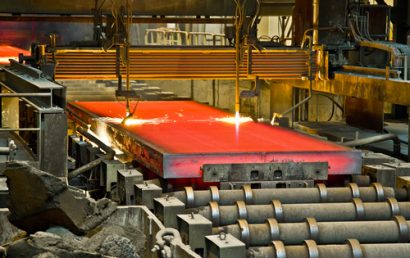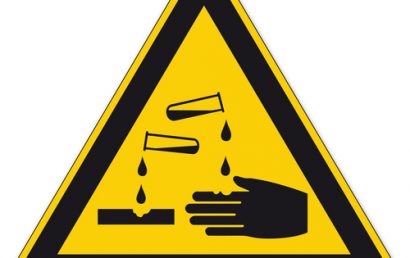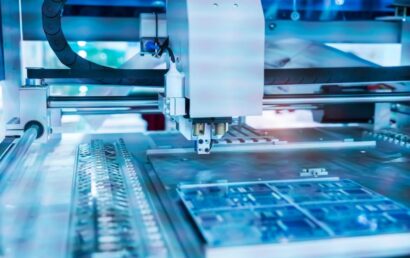Thinking Of Getting A Hard Chrome Replacement?
For many years, hard chrome plating was utilized in a great array of industrial applications. It proved itself to be useful in those applications, and also provided moderate corrosion resistance and hardness. Also, it was low cost and relatively easy to apply. Hard chrome plating was also often used to restore dimensional tolerances for mechanical parts that have suffered wear. However, modern research has discovered that hard chrome has a number of very fundamental limitations, and the plating processes were considered toxic in nature.
Understanding the Limitations of Hard Chrome
How is hard chrome “limited”? For starters, hard chrome’s limited corrosion resistance and hardness can cause problems in a wide variety of applications. For example, chrome coatings that are not properly aligned can suffer from spalling, pitting as well as other failures when it is subjected to high-stress conditions. Chrome requires prolonged post-deposition processing. However, it does not get processed that way and this is a serious drawback.
Another issue is coating thickness. Parts such as hydraulic rods that need to be hard chrome plated have to be plated 3-4 times before a sufficiently thick hard coating can be achieved. Even so, an even coating is not guaranteed as chrome coatings tend to be thinner on recessed areas and thicker on corners and edges. From reducing occupational and environmental hazards, improving performance to reducing processing time and expense, above are some of the reasons why manufacturers from around the world are opting for hard chrome replacement.
Common Parts that Require Hard Chrome Replacement
The great thing about hard chrome replacement is that it can be used on a great array of parts and industries. These parts include:
- Aircraft hydraulic landing gear
- Hot sections of gas turbines
- Oil & Petrochemical industry
- Pulp & Paper industry
What are the Alternative Coatings of Hard Chrome?
- Nanovate CoP (nCoP)
Nanovate CoP offers improved performance and is much more cost effective than HCP. Nanovate CoP materials do not microcrack and has high deposition efficiency.
- Duralar
Duralar is a type of abrasion-resistant coating product that fits the hard chrome replacement need nicely. Duralar is also a nano-composite of metal and diamond, which makes it much harder and more durable. Apart from its greater resistance to erosion and corrosion, Duralar is able to create thicker coatings at a faster rate. To sum it up, Duralar is the go-to option if you are looking for a coating material that’s easier to apply, has greater performance advantages and can be used without harming both humans and the environment.
- Hardide-A
Since the development of Hardide-A, it has proved to be a good replacement for hard chrome. Hardide-A is most suitably used for coating complex shapes and internal surfaces. There will be no dimensional changes to the coating when you switch to Hardide because it matches the hardness and thickness of hard chrome. Hardide easily outperforms hard chrome plating by offering enhance protection against chemically aggressive media, wear and corrosion, as well as enhancing fatigue life. Aircraft such as the Airbus models have already approved the coating as a replacement for hard chrome plating.



